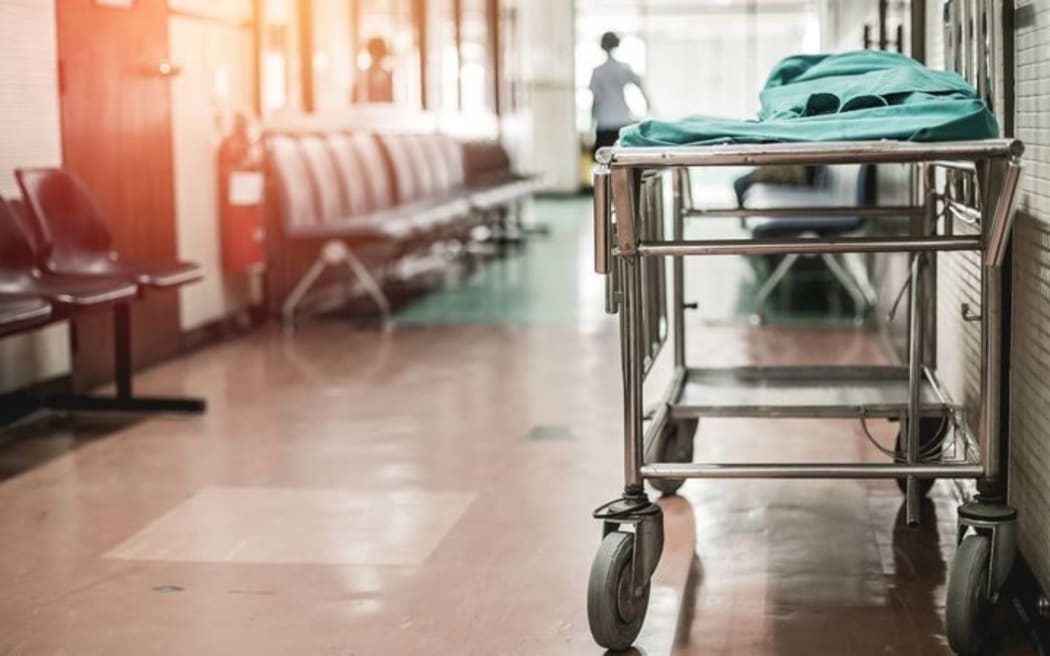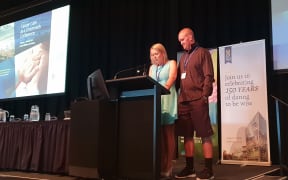Bowel cancer patients have far more chance of surviving major surgery in Auckland than they do in Whanganui.

Photo: 123RF
The 2019 Bowel Cancer Quality Improvement Report out today details wide variations in the way patients with bowel cancer are treated in public hospitals.
It's the first detailed figures from district health boards, and the report's authors are calling for an investigation to ensure people can get the best care regardless of where they live.
The Bowel Cancer Quality Improvement Report was produced by cancer experts at several DHBs in conjunction with the Health Ministry.
Several instances of major variations are recorded, including on the topic of the number of patients who died within 90 days of major surgery between 2013 and 2016.
Of the 7170 patients who had major surgery for bowel cancer over the period, 4 percent died within the accepted benchmark period of 90 days after surgery.
In Auckland, patients had a 2.2 percent chance of dying within the 90-day period, but in Whanganui - with a similar number of patients - about 7 percent died, and the death rate was similar in Rotorua-based Lakes District Health Board.
At Waikato, the death rate was close to 6 percent, while in Canterbury it was half that at 3 percent.
The report said the overall death rate after major surgery was acceptable, but the variation needed investigating. It added that DHBs who have done well may be able to help the others.
Variation was also evident in the 20 percent of people with bowel cancer who needed emergency surgery. Almost a third of patients needed emergency surgery in Tairāwhiti, 28 percent in Waikato and the Southern DHB, 24 percent in Auckland and 15 percent in Canterbury. Bay of Plenty was lowest at about 13 percent.
The report said the rate of emergency surgery for bowel cancer was high in New Zealand and that may contribute to worse cancer outcomes overall.
The report also showed that people living in Auckland had an 80 percent chance of being stoma-free after surgery. At Canterbury, which dealt with the same number of patients over the period, the chance of being stoma-free after surgery was half that at 42 percent. At Southern DHB the chance with a similar number of patients was 53 percent.
The Ministry said the findings were not about punishing DHBs or clinicians who got data that is not great compared to others. It did, however, urge DHBs to understand the data and get on with improving it.
Read the full report:







